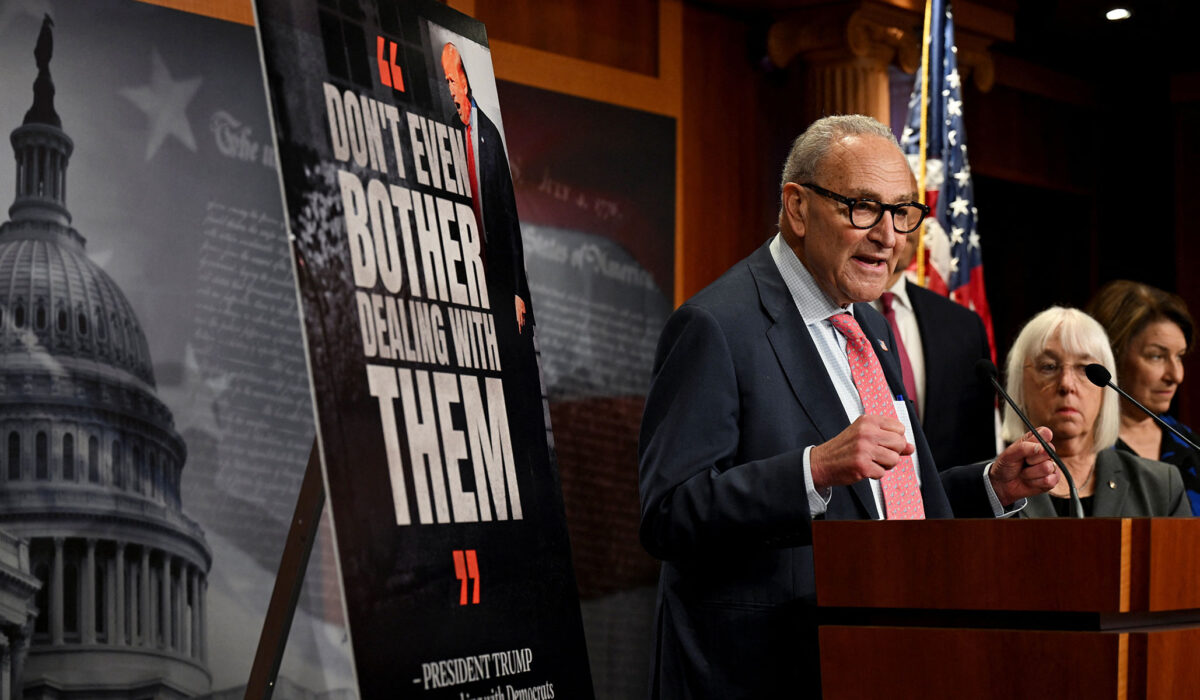Don’t Let the Shutdown Become a Democratic Win
“There’s no good reason to hand Democrats such a strategic and tactical win amid the shutdown.” That line gets straight to the point. It captures a clear Republican concern about leverage and the political consequences of folding early.
The core issue is about bargaining power. When Republicans give ground too quickly, they stop being negotiators and start being surrender negotiators. That shifts public perception and shapes how the next fight plays out.
Policy matters, but optics matter just as much. A shutdown is messy and voters dislike it, yet abandoning leverage without extracting meaningful concessions communicates weakness. Political strategy is partly about forcefully defending principles and partly about timing.
Concessions should be earned, not handed over as a public relations favor. That means tying any compromise to clear, enforceable policy gains. It also means resisting pressure to accept purely short-term fixes that leave long-term problems unresolved.
Democrats are savvy on narrative and messaging; they will frame any retreat as bipartisan cooperation and use it to claim victory. Republicans need to match that skill with a firm, disciplined message of their own. Voters can tell when a party stands for something versus when it folds to avoid headlines.
Fiscal discipline and accountable spending are Republican strengths and talking points. During a shutdown, those themes become a litmus test for credibility. If those principles are abandoned for temporary relief, the party loses a key argument heading into future elections.
Leverage is not the same as cruelty; it is the mechanism by which legitimate compromises are reached. Holding firm can prevent worse outcomes and can force real trade-offs. That is how policy changes get written into law rather than into talking points.
There is also a practical side: staffing, agencies, and national projects suffer from hasty, symbolic deals. Lawmakers should weigh the human and operational consequences against the political calculus. Responsible governance means aiming for durable solutions rather than headline-driven patches.
Critics will call that uncompromising, but compromise without substance is worse. It lets the other side claim success while keeping the underlying issues intact. That is a long-term strategic loss disguised as a short-term avoidance of pain.
Republicans should push for transparency in negotiations and clear benchmarks for reopening government functions. If an agreement is reached, it should include measurable outcomes and timelines. Voters respond to accountability more than to vague promises.
Finally, messaging must be disciplined and consistent across caucuses and committees. Mixed signals from leadership invite confusion and undermine bargaining posture. Standing together and articulating a unified rationale is essential to avoid handing a win to the opposition.
A shutdown is not a game to be conceded for the sake of easy headlines. It is a high-stakes negotiation over policy, spending, and priorities. Letting the other party score a strategic victory without extracting meaningful compromises is avoidable and would be a mistake.

